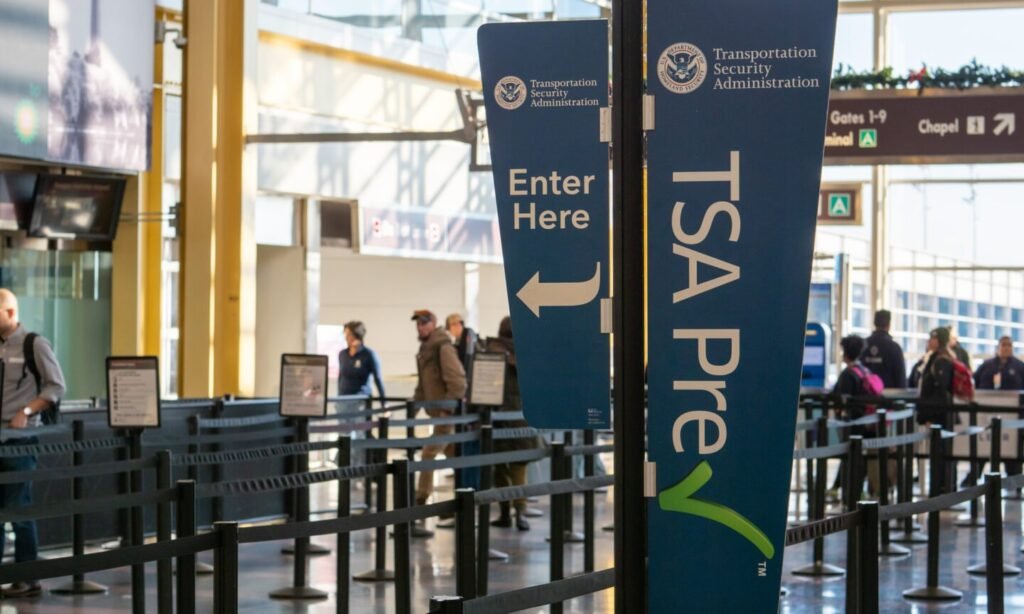Despite the government shutdown, most airport operations are expected to continue as normal. Transportation Security Administration (TSA) officers and air traffic controllers are considered essential employees and must report to work, even though they will not receive pay until the shutdown is resolved.
As the shutdown persists, the situation may become more uncertain. During the 2019 government shutdown, increased rates of sick calls among TSA agents resulted in staffing shortages and longer wait times at airport security checkpoints. High numbers of unscheduled absences among air traffic controllers also led to numerous flight delays and a temporary ground stop at New York’s LaGuardia Airport.
If you have upcoming travel plans, here’s what you need to know.
Is TSA still operating during the government shutdown?
Yes. On October 1, 2025, TSA announced on X (formerly Twitter) that they are prepared to continue screening 2.5 million passengers daily, but warned of potential longer wait times at airports.
Is it safe to fly during the shutdown?
Generally, yes. Passengers are still being screened, and air traffic controllers are actively working. However, as absences increase, some employees may need to work longer hours or extra shifts, potentially causing disruptions to the system.
The Federal Aviation Administration may reduce landings and takeoffs if staffing shortages make flying unsafe. This could result in more flight delays and cancellations.
How can you prepare for air travel now?
While the situation is evolving, there are steps you can take to safeguard your travel plans if you have upcoming flights.
-
Arrive early. Be prepared for longer security screening lines and allow extra time for airport procedures.
-
Utilize Trusted Traveler programs. Programs like TSA PreCheck, Global Entry, and CLEAR+ offer expedited security and customs processing.
-
Check your passport expiration date. Renew your passport if it’s nearing expiration to prevent travel disruptions.
-
Consider travel insurance. Protect yourself financially in case of flight delays or cancellations by securing travel insurance.
-
Monitor your flights. Sign up for alerts, download airline apps, and keep your phone charged to stay informed about any changes.
-
Pack snacks. Have snacks and water on hand in case of delays.
For international travel, be prepared for longer customs processing times when re-entering the U.S. If possible, consider rescheduling, driving, or changing airports for added flexibility.

